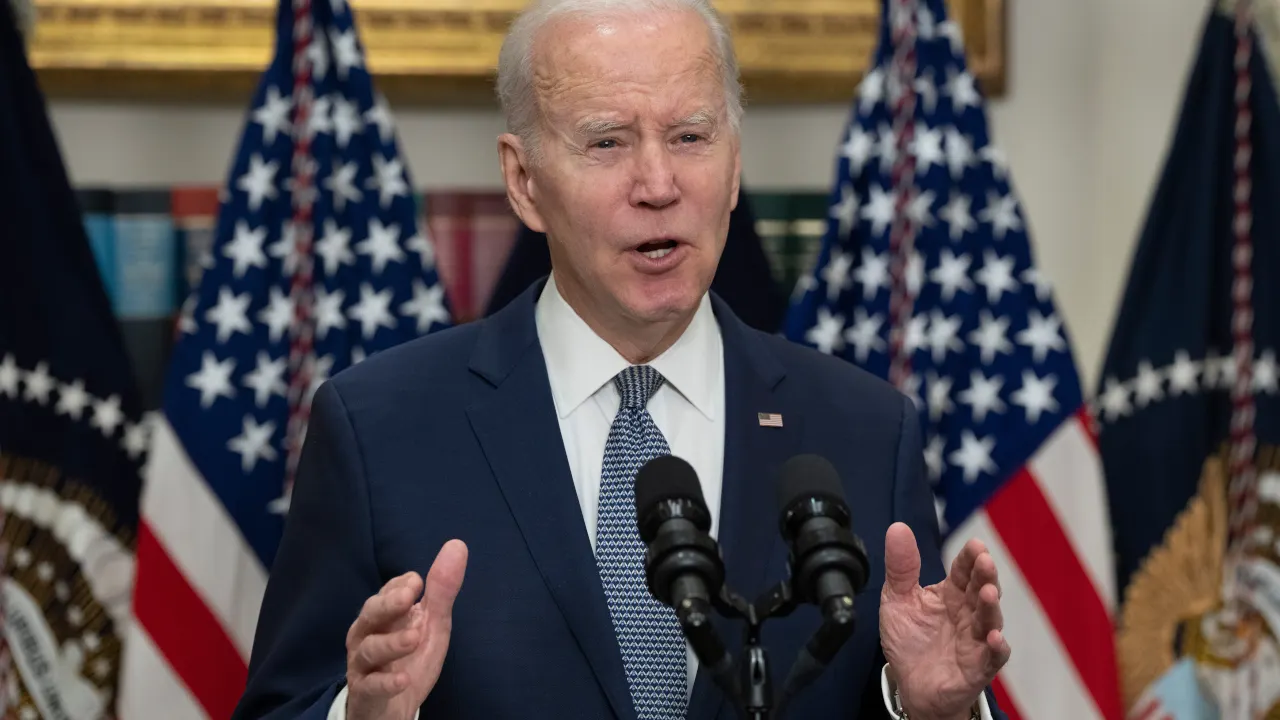The U.S. Federal Communications Commission has officially made using AI-generated deep fakes in robocalls illegal, the agency announced on Thursday. The declaration comes after the FCC had started to study illegal robocalls using generative AI in November.
On Tuesday, the FCC had joined lawmakers in Texas in issuing a cease and desist order to Lingo Telecom LLC, which is accused of being behind an infamous AI-generated audio deepfake meant to sound like U.S. President Joe Biden.
Last month, a robocall mimicking the voice of Biden went out to voters in New Hampshire, telling them not to vote in the state’s primary, the Associated Press reported.
We're proud to join in this effort to protect consumers from AI-generated robocalls with a cease-and-desist letter sent to the Texas-based company in question. https://t.co/qFtpf7eR2X https://t.co/ki2hVhH9Fv
— The FCC (@FCC) February 7, 2024
The FCC’s decision, under the Telephone Consumer Protection Act, directly addresses the misuse of voice cloning technology to impersonate someone to execute scams, including extorting vulnerable individuals, impersonating high-profile individuals, and spreading misinformation.
“The rise of these types of calls has escalated during the last few years as this technology now has the potential to confuse consumers with misinformation by imitating the voices of celebrities, political candidates, and close family members,” the FCC said.
The FCC has used the Telephone Consumer Protection Act to issue fines against groups that create robocalls before. Heading into the 2020 elections, NBC News reported, the FCC fined Jacob Wohl and Jack Burkman $5 million for making 1,141 robocalls. Last August, the agency levied a $299,997,000 fine for 33,333 calls pitching auto warranty sales.
According to the FCC, while policymakers have ordered cease and desist to individuals and organizations that create robocalls for scam and fraud campaigns, this new rule makes using AI to recreate voices for this specific purpose illegal.
The FCC said the agency is working with 48 State attorney generals to combat robocalls.
“Bad actors are using AI-generated voices in unsolicited robocalls to extort vulnerable family members, imitate celebrities, and misinform voters,” FCC Chair Jessica Rosenworcel said in a statement. “We’re putting the fraudsters behind these robocalls on notice.
“State Attorneys General will now have new tools to crack down on these scams and protect the public from fraud and misinformation.”
An FCC spokesperson declined to provide further comment to Decrypt.
Edited by Ryan Ozawa.

